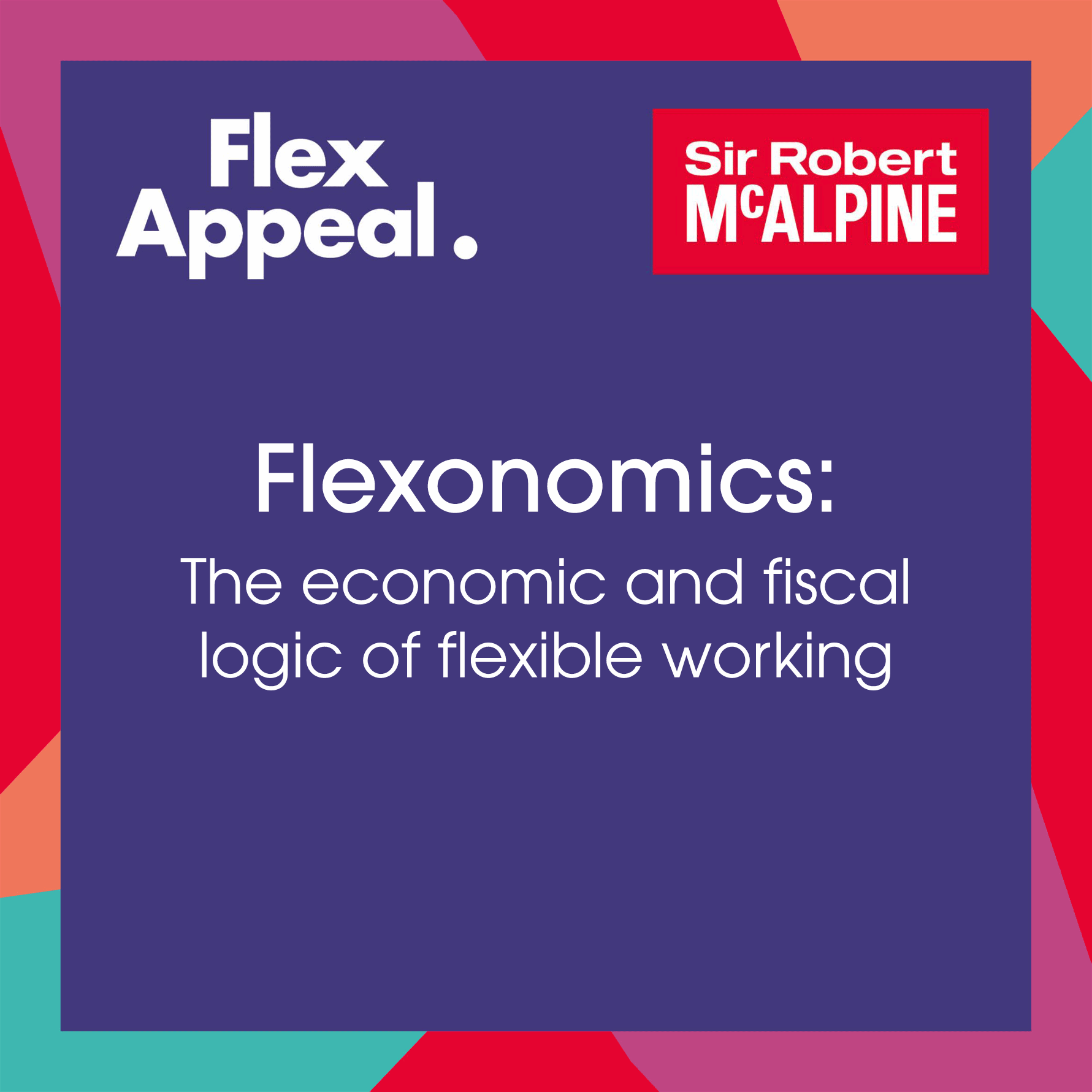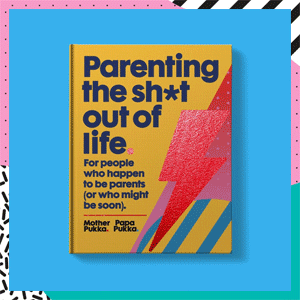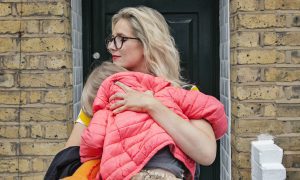Paula Rhone-Adrien on how to tackle one of the most difficult parenting questions
Racism may just not be an issue for you. It simply isn’t something you regularly discuss. Or at most, it may be a topic that requires a nodding acknowledgment from you when it arises, but that’s it.
So when the alarming killing of George Floyd occurred on 25th May, with the subsequent fury that enveloped thousands of people around the world, you must have had questions yourself about how or why this has all happened. What if you have a child who was also asking you questions? What could you possibly say to explain the anger, hurt, and destruction that was being beamed into your home?
If your child is asking questions because either they have seen or overheard something then please don’t shy away from answering, be brave and tackle the question head on.
If you don’t have an answer then admit it. Children have a sixth sense for sniffing out a response given to either shut them or a topic down. If you give them that impression; that there is something to hide, shy away from or be embarrassed about, then that is the impression that they will be left with. This would be wrong, particularly when history tells us that it is those who fail to question or challenge wrongdoing that permits such wrongdoing to fester.
In any event, if you don’t give them an answer, they will look somewhere else and who knows where that will lead!
So what is racism? Basically, it is the belief that members of other races are not as good as the members of your own race. You believe that your race is superior and that you should be treated better than those who are not of your own race.
Children are being taught about race all the time, even in nursery they are taught to describe themselves; their family and their community. They watch tv and will notice differences far more than we give them credit for.
However, what they don’t understand is why those differences should create feelings of hatred and anger and this is where you come in. Ultimately there is no right answer to my headline question. However, you may find that you need to challenge yourself first and your own views about what you understand racism to be. What do your network of friends look like? How do you express feelings about other races when at home? Do your children, for example, possess books that reference those from other races in a positive light?
If you do care about your child understanding and appreciating other races, then take responsibility for ensuring that they get clear positive messages from you, or that you are able to reinforce that positive message if they challenge you with a negative one.
Remember racism is not innate, but learnt. This means, the power to eradicate the unfairness that results from this bias is very real and attainable through education, information and communication, be that with your child, those in your community, or with society as a whole.
You should also be conscious that racism isn’t just about the tragic loss of George Floyd, but can cause just as much harm through; for example, negative stereotyping which leads to a skewered view of how others should be treated in society, from the type of jobs they obtain to how they may obtain justice. It is just as important to tackle that bias because in failing to address this, those who suffer the unfair treatment will become disaffected, angry and turn away from the more conventional methods of seeking redress due to the fact that they no longer trust in the system. Those protesting the death of Mr Floyd no longer trust that the system will protect them from injustice.
Children know all about life being ‘so unfair’, from having to go to bed at 7.00pm to not getting to eat sweets all day every day. Helping them to identify and understand unfairness, that some adults get it wrong and that some adults are trying to make it better is a starting point on what will be a long journey for them understanding why some mistreat others, purely on the grounds of their race.
Paula Rhone-Adrien is a leading British barrister and mother of four.
Extra resources
New York Times on books that can explain racism to kids
Kids books with BAME characters
Common Sense Media resources and practical tips for parents












